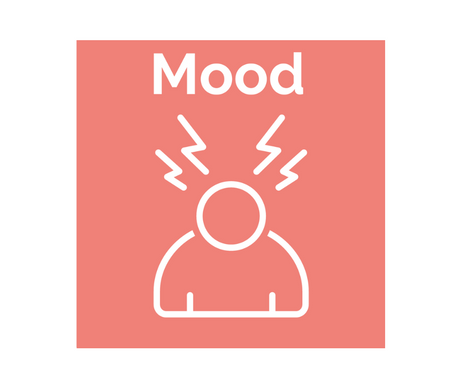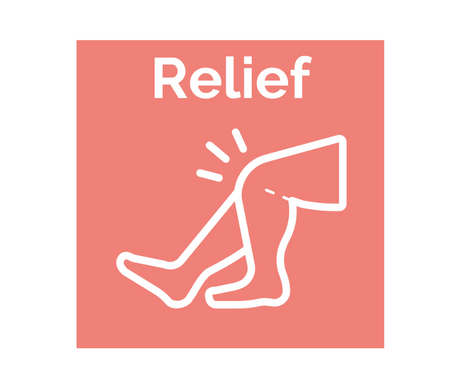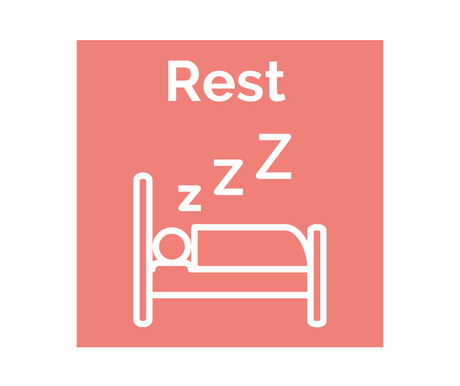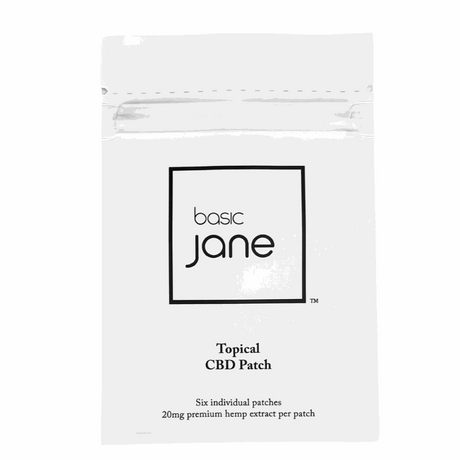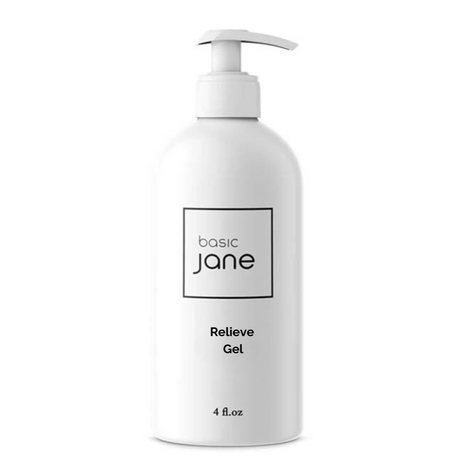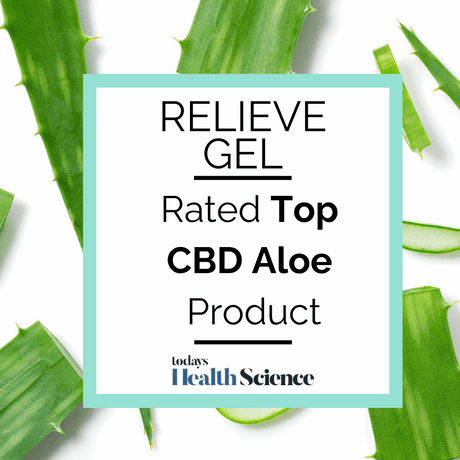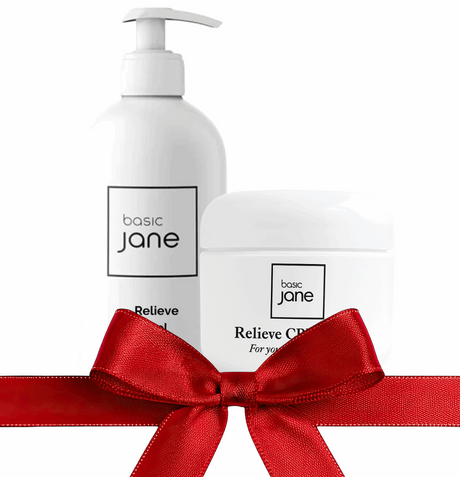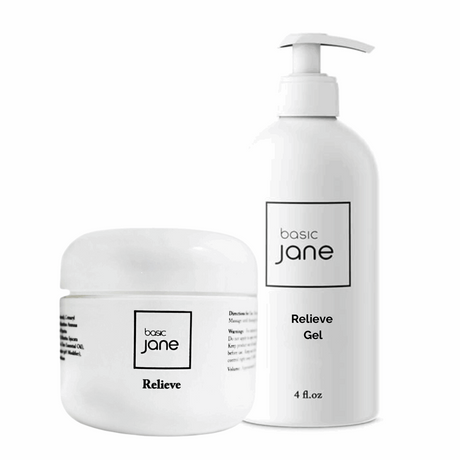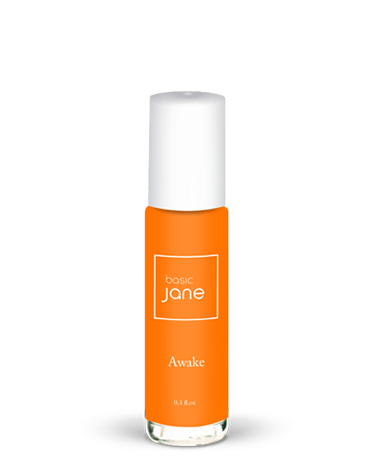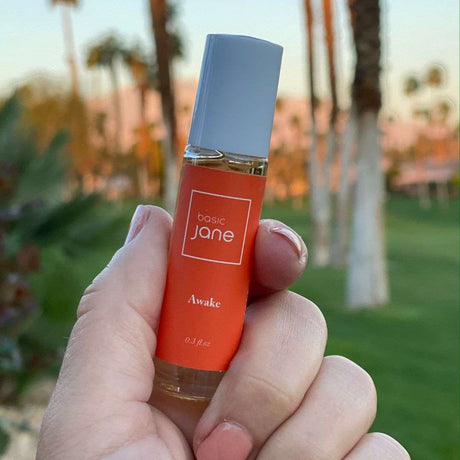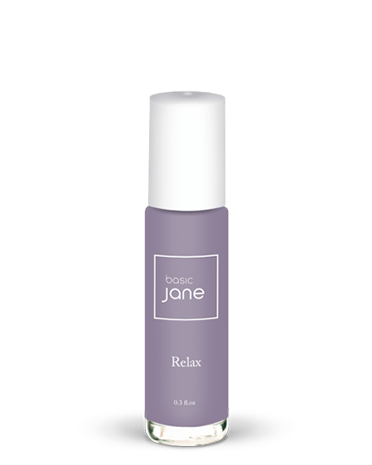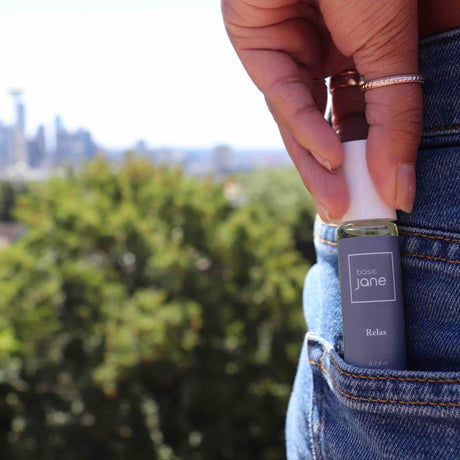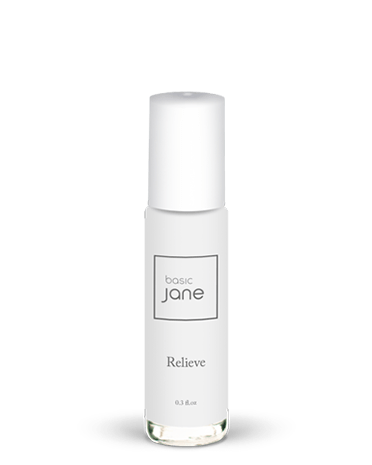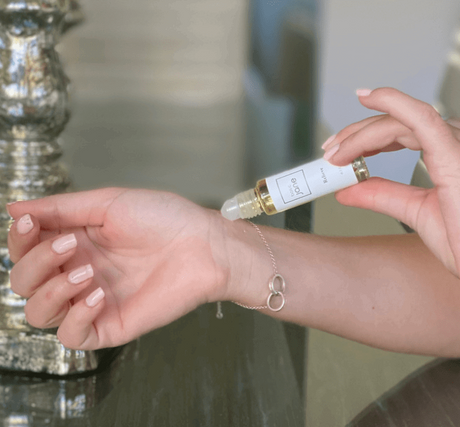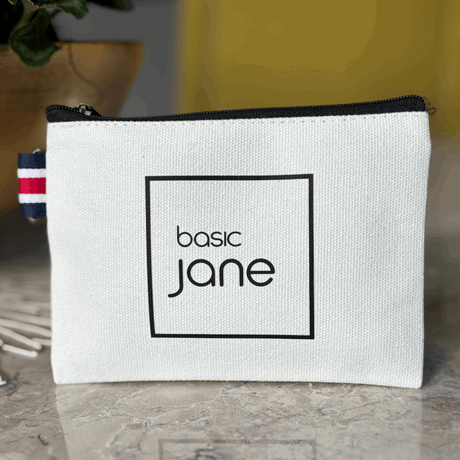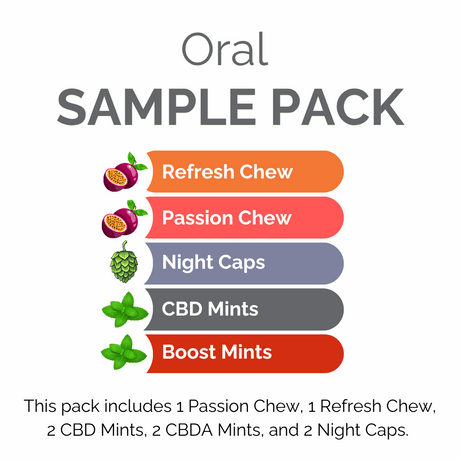Muscle pain and soreness are common challenges. Whether your sore muscles are a result of pushing yourself too hard at the gym, or due to an existing injury or chronic health condition, the pain and stiffness can make everyday activities difficult.
But now many are discovering something that can help: cannabidiol (CBD). Whether ingested or used as a topical, CBD can ease pain and inflammation for incredible results.
How Does CBD Help With Your Sore Muscles?
CBD is known for its ability to relieve pain and reduce inflammation, which can make a big difference when it comes to your sore muscles. It’s no wonder CBD edibles and topicals are increasing in popularity. Even celebrities like Kristen Bell swear by CBD’s incredible benefits for aches and pains.
So how can CBD help with your sore muscles? Folks say it helps them in a few different ways:
1. CBD relieves muscle pain: In general, CBD can help alleviate the pain from sore muscles. And it can reduce inflammation, which may help reduce the cause of the pain as well. Whether using an edible or applying a topical directly, people report big pain relief from CBD.
https://www.hellomd.com/health-wellness/5bf60bce8053b80007997037/how-cbd-can-help-relieve-sore-muscles
2. CBD eases strain on old injuries: Some who use CBD regularly say that it helps reduce the pain they experience from their old injuries. More research is needed to understand this phenomenon, but it may be related to both the pain-relieving properties of CBD and its ability to reduce inflammation at the injury site.
3. CBD reduces morning discomfort: Injuries and tension spots can both produce a lot of pain and stiffness in the morning. But when people use CBD the night before, they report less morning discomfort. Again, the inflammation reduction may be largely responsible for helping reduce pain even after the pain-relieving effects of the CBD wear off.
4. CBD relieves post-workout soreness: Feeling sore after an intense workout at the gym? Many swear by CBD as a way to relieve post-exercise soreness. This can help with workout recovery, so you don’t have to wait forever to get back to your exercise routine.
The Science Behind CBD’s Ability to Relieve Sore Muscles
So how does CBD pull off its pain-relieving powers?
It all has to do with how CBD interacts with the endocannabinoid system (ECS). This crucial system of neurotransmitters is found all over the body and controls or effects some of its most important functions, such as:
- Hunger
- Pain
- Stress response
- Memory building
- Inflammation
- Sleep
- Muscle control
- Energy
- Mood
The ECS both produces and is activated by the body’s natural endocannabinoids. But plant cannabinoids, the medicinally potent chemicals in cannabis, activate the ECS, too. CBD interacts with these receptors to ease pain and inflammation, among other benefits.
When you eat CBD, it’s processed through the digestive system and enters the bloodstream, which allows it to affect the entire body. With topicals, however, CBD must permeate the skin, activating the ECS’s CB2 receptors where it’s been applied. This allows for local pain and inflammation reduction, exactly where the patient applies the CBD.
Whether you use it topically or ingest it, CBD won’t get you high the way tetrahydrocannabinol (THC) does, another reason people have started turning to the cannabinoid more and more.
Still, when it comes to topical CBD, there’s a debate about how much the skin can actually absorb CBD, and whether it makes it to the muscles at all. While it’s unlikely that CBD makes it to the muscles directly, there’s a phenomenon that happens with heating or cooling cream, which may be at play with CBD as well.
Basically, the sensation (such as heat, cool or in CBD’s case pain relief) on the skin desensitizes the nerves to the muscle pain below by distracting them with stimuli on top. This may be how CBD topicals help with pain that’s more than skin deep.
Treating Your Sore Muscles With CBD
To learn more about using CBD for sore muscles, we spoke with Jessica Tonani and Kersten Beyer, the founders of Basic Jane, the only cannabis company in the U.S. with a license to research CBD. Their product line of hemp-derived CBD topicals was specifically designed to help people with everyday aches and pains.
Their research looked at the efficacy of products with CBD, THC or a combination, and found that CBD seems to be effective in treating sore muscles. In fact, they even found that in topical form, CBD works as well for pain as THC-based products do.
So, if both topicals and edibles are effective for treating sore muscles, which should you use? It really depends on what you need it for. “We tell people it’s kind of like the difference between using an Aspercreme or an Advil,” says Jessica. “The edible is more of a full body effect and not as localized and may be not as strong as if localized, but it has a tendency to work everywhere; whereas a topical will really only work where you put it.”
If you have a sore muscle in one location, such as knee pain, a topical is probably your best bet. But as Jessica points out, “If you have knee pain, hip pain, finger pain, something like that, then you’re going to have to use topicals on multiple locations, and maybe something more systemic may be better for you.”
Another consideration is the topical you’re using. There are so many different types of CBD topicals, but they aren’t all equally effective. “Your skin is a really good barrier. It’s designed to protect you and keep things from getting into your body,” says Jessica, explaining that CBD needs something called a carrier molecule to help it permeate the skin.
Menthol and alcohol are two options that can help CBD penetrate the skin, and Basic Jane makes sure they have carrier molecules in their products. “We have a cream that’s heavy on the menthol, which is also a pain reliever,” says Kersten.
Want to treat your sore muscles with CBD? Look for edible CBD like:
- Tinctures
- Capsules or infused treats
For localized pain, go for a topical CBD with a good carrier molecule. Then just wait for the pain and inflammation to melt away.



